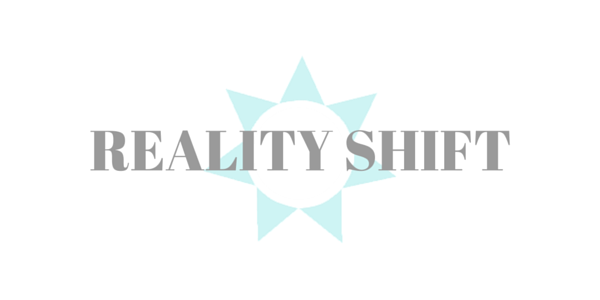‘Maybe I’m not good enough.’
Every creative person is struck by self-doubt at times. But sometimes, self-doubt stops us in our tracks and keep us there, for days, for weeks, for years – sometimes forever. Self-doubt is particularly perilous early on in our careers, when we have little actual work to do that uses our creativity. With few auditions, no commissions and precious little creative work that brings us any money, no wonder we can’t push our thoughts of not being good enough aside and move forward.
We may also be working flat out at a day job. Perhaps that day job is going rather well. Perhaps we wonder whether we should give up trying to be an artist and settle for a life that satisfies our parents, something sensible. When we aren’t using our talents and nothing reflects back to us our worth as an artist, it’s not surprising that we doubt ourselves.
‘Maybe I’m not good enough,’ we say again. This time we really believe it.
When we attack ourselves, there may be all sorts of issues involved. Perhaps we lack confidence in particular situations, such as speaking about our work in public or performing at auditions, or perhaps there is a more general lack of self-esteem. All these issues may require attention. But there’s a whole other way we could look at this question, a helpful way. Instead of hearing our doubt as a devastating judgement, perhaps we need to listen to it calmly, and answer it calmly.
‘Am I good enough?’
‘Well, I’m good at this, but maybe I could do with more practice at this…’
Few people can look at themselves this truthfully. It creates so much anxiety. We excel at beating ourselves up, but not at really assessing our good and bad points and seeing where we can improve. Asked if we are good enough, we get scared and close down. We go and eat some chocolate ice cream or smoke another cigarette. We decide our whole life is screwed and we ought to give up and settle for the humdrum 9 to 5 work in an office, where we are bored witless.
But if we think about the question literally and see our faults with clear unflinching eyes, then we have power. Then, we can improve. We can work at it and we can get better. If we aren’t good enough – and of course we aren’t, how could we be? when we long to be like De Niro in his prime or Van Gogh on peak form – if we aren’t good enough, then we can develop our skills and abilities as an artist.
Because if you want to do well, to satisfy your own high standards and to make something of yourself using your art, then of course you need to improve. Everyone does. There is so much to learn and practise and so little time. Perhaps you believe that the system is rigged and you have to game the system or win out in a numbers game, if you are to succeed. That may be partly true. But you still have to be good.
Another belief is that you are either born with talent, or not and if not, that’s your bad luck. But our abilities are not set in stone. Talent can be developed. Sure, some people may have more talent at the start. Some people are more beautiful. Some have more energy. But everyone can develop. Everyone can improve – improve hugely, out of all recognition.
Practice is what you need to do. And not just random practice, but focused practice. Self-assess, see where you’re great and where you’re lacking, remember all the comments and feedback you’ve received, use your intuition and common sense and write down a list of all the areas where you need to work.
What would this look like? It might look like this –
As a singer: developing emotional range; growing presence; connecting with the audience; working on technique, intonation, articulation, vocal range etc.
As a writer: developing dialogue; working on something as small as paragraphs; working on physical description; developing expressing emotions without banging the reader over the head with them.
As an actor: developing presence; developing listening skills; developing improvisational skills; singing; working as a group; audition speeches and skills; commitment to the moment.
When you have your list, explore ways to develop your skills in those areas. This could mean exercises that you do on your own, it could mean going to workshops, or it could mean taking online courses. All these things are quite within reach. They are all things you can do easily. If you want to be successful, you must do them. You must improve, and you can.
Working on yourself as an artist will give you a feeling of growth which is profoundly satisfying. You will begin to experience a small sense of power, of being in charge of yourself as an artist. Of course, you may have little real-life power, as yet. But in the realm of you as an artist, you have taken charge. If you receive criticism, for example at an audition, this is not just something to go home and cry about (and then eat ice cream etc) After crying, you can do something about it. You can learn from the criticism.
Learning and improving is our business. It’s also what makes creative work interesting. As Carlos Castaneda said, every now and then life brings us a cubic centimetre of chance. When it comes, you have to be ready for it. You have to be able to say ‘Yes!’. You have to be primed and able to let loose with your best work. To give the interview, audition, meeting, of a lifetime, even if the opportunity comes today, this moment, right now.

